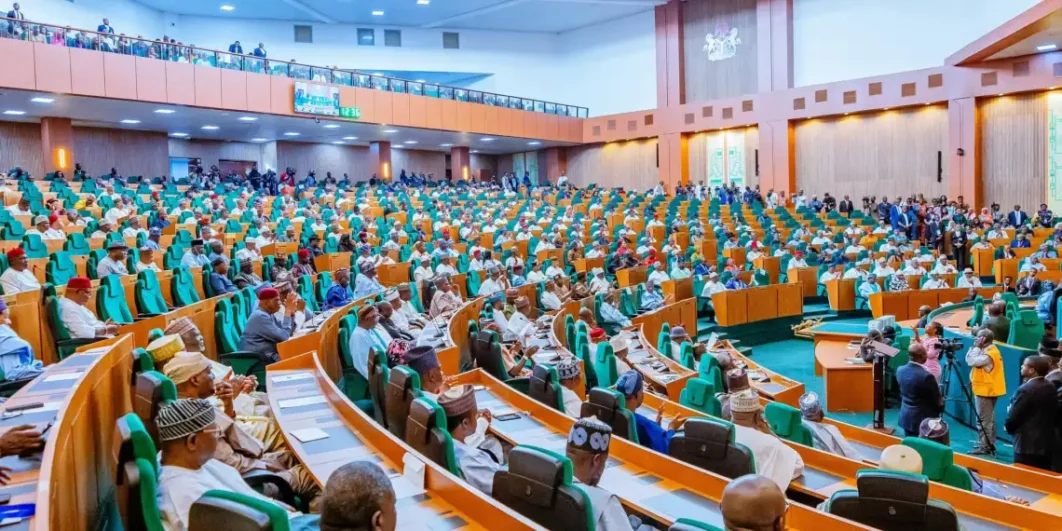Abuja, Nigeria — The House of Representatives on Tuesday took a significant step toward establishing the Federal College of Entrepreneurship and Skills Acquisition in Ntigha, Isiala Ngwa North, Abia State.
During a plenary session presided over by Speaker Tajudeen Abass, the proposed bill successfully passed its second reading. The bill is titled: “A Bill for an Act to Establish the Federal College of Entrepreneurship and Skills Acquisition, Ntigha, Isiala Ngwa North, Abia State, to Provide Full-time Courses, Teaching, Instruction, and Training in Technology, Applied Science, Arts, Social Sciences, Humanities, and Management; and for Related Matters.”
The sponsor of the bill, Hon. Ginger Obinna Onwusibe, emphasized the urgent need for such an institution to address Nigeria’s growing youth unemployment crisis, which he attributed to an overdependence on white-collar jobs.
Onwusibe urged the House to support the bill, stressing that entrepreneurial education and vocational training are crucial for equipping young Nigerians with the practical skills required for self-reliance and job creation.
“Establishing this institution will empower our youth with the necessary skills to drive innovation, create businesses, and contribute to the country’s economic growth,” Onwusibe said.
The lawmaker highlighted Ntigha’s strategic location, which offers easy access to major commercial hubs in the Southeast, making it an ideal site for the proposed college. He added that the institution would focus on specialized training in agriculture, technology, manufacturing, and digital innovation — key sectors that align with Nigeria’s ongoing economic diversification efforts.
“This initiative will not only empower young people but also boost local industries, reduce poverty, and enhance national productivity,” Onwusibe stated.
The Abia-born legislator cited global examples where similar institutions have significantly contributed to economic transformation and stressed that Nigeria must adopt such strategies to foster sustainable development.
The bill’s progress signals growing legislative support for policies that promote vocational education and entrepreneurial skills development as solutions to Nigeria’s economic challenges.

